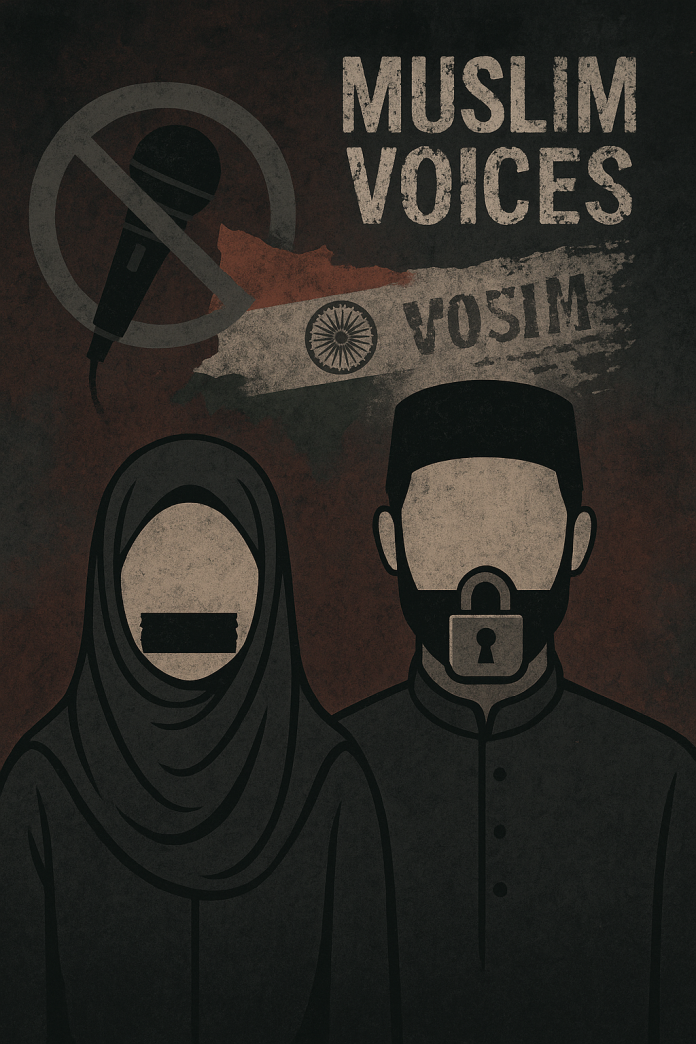New Delhi: In the wake of the horrifying terror attack in Pahalgam—where 26 civilians were brutally killed based on their religious identity—the Union Ministry of Information and Broadcasting issued an advisory on May 13 to promote national unity and social harmony. Yet, the advisory has stirred significant controversy for failing to acknowledge Muslim representation in its message, sparking criticism of the government’s approach to inclusivity.
The advisory, sent to community radio stations nationwide, encourages broadcasters to highlight India’s unity despite its diversity, suggesting the celebration of contributions made by key national leaders. Figures named include Mahatma Gandhi, Jawaharlal Nehru, Sardar Vallabhbhai Patel, Guru Nanak, and Swami Vivekananda. However, glaringly absent from the list is Maulana Abul Kalam Azad, one of the foremost leaders of India’s freedom struggle and the country’s first Education Minister.
Maulana Azad, known for his steadfast commitment to Hindu-Muslim unity and opposition to Partition, played a vital role in building secular India. His omission is seen as not only historically inaccurate but also a reflection of the wider marginalization of Muslim contributions in the national narrative.
Critics argue that this erasure signals a deeper, systemic attempt to rewrite history through a selective lens. In a time marked by increasing communal polarization, sidelining Muslim icons weakens the goal of true national integration and contradicts the very spirit of unity the advisory claims to promote.
Ironically, the Muslim community’s response to the Pahalgam massacre stood as a testament to their commitment to peace and national solidarity. In Jammu and Kashmir and across India, Muslims unequivocally condemned the attack. Protests, shutdowns, and public statements of solidarity with the victims reflected both moral integrity and a strategic stand against backlash from extremist narratives.
Historically, any India-Pakistan tension often sees Indian Muslims unfairly vilified by hardline groups, who wrongfully equate them with external enemies, ignoring their deep-rooted identity as Indian citizens. This advisory, by failing to acknowledge Muslim contributions, risks reinforcing such harmful stereotypes.
For a truly inclusive and united India, all communities and their historical roles must be equally celebrated. Recognizing leaders like Maulana Azad is not appeasement; it is a matter of justice, historical accuracy, and national integrity.
If the government genuinely seeks harmony, it must reflect India’s pluralistic ethos—not by exclusion, but through acknowledgment of all those who shaped the nation.




